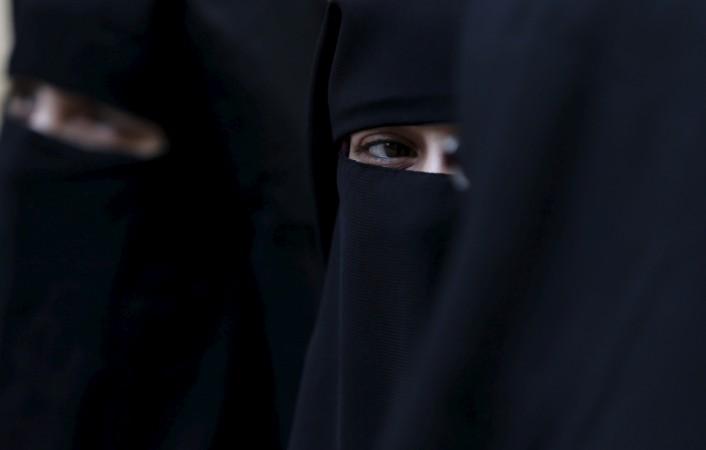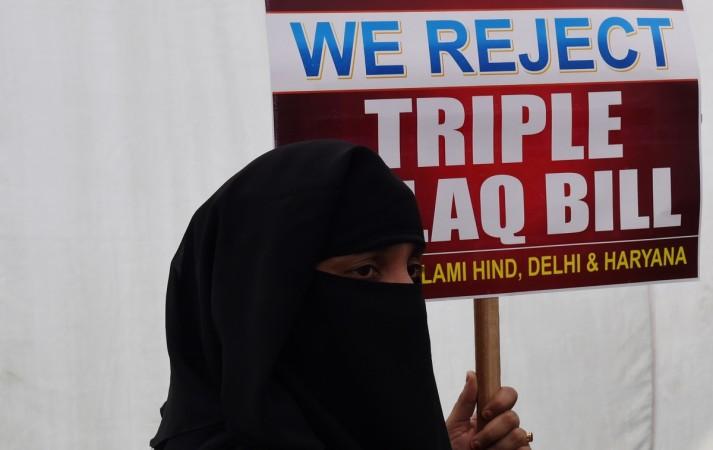
A young woman in Uttar Pradesh was forced to marry her father-in-law in a 'nikaah halala' and was raped by him for 10 days after her husband divorced her with triple talaq.
She then remarried her husband who divorced her for the second time and was forcing her to marry his younger brother in order to remarry.
The woman had filed a maintenance case against her husband after he divorced her for the second time and was forcing her to marry his younger brother. The details of her trauma emerged during a hearing of the case on Tuesday, reports The Times of India.
In an affidavit, the woman's sister said that they got married in July 2009. When she did not get pregnant for two years after her wedding, her in-laws began torturing her and starved her for days.
She added that the woman was also sexually abused by her husband.
In December 2011, the husband divorced her but her family forced him to reconsider. He agreed but said that she would have to marry his father in a 'nikaah halala' and divorce him. Only then, he could marry her.

When she refused, her in-laws gave her sedatives and got her married to her father-in-law. She was raped by her father-in-law for the next 10 days and then given triple talaq so she could remarry her husband.
In January 2017, the woman's husband divorced her for the second time and his family began forcing her to undergo halala with the husband's younger brother so they could marry.
The woman's family then filed a case against the husband and her in-laws under sections 377 (unnatural sex), 323 (voluntarily causing hurt), 498A (dowry), 328 (causing hurt by means of poison with intent to commit an offence), 376 (rape), 511 (punishment for attempting to commit offences punishable with imprisonment for life) and 120B (criminal conspiracy) of the Indian Penal Code (IPC).

















